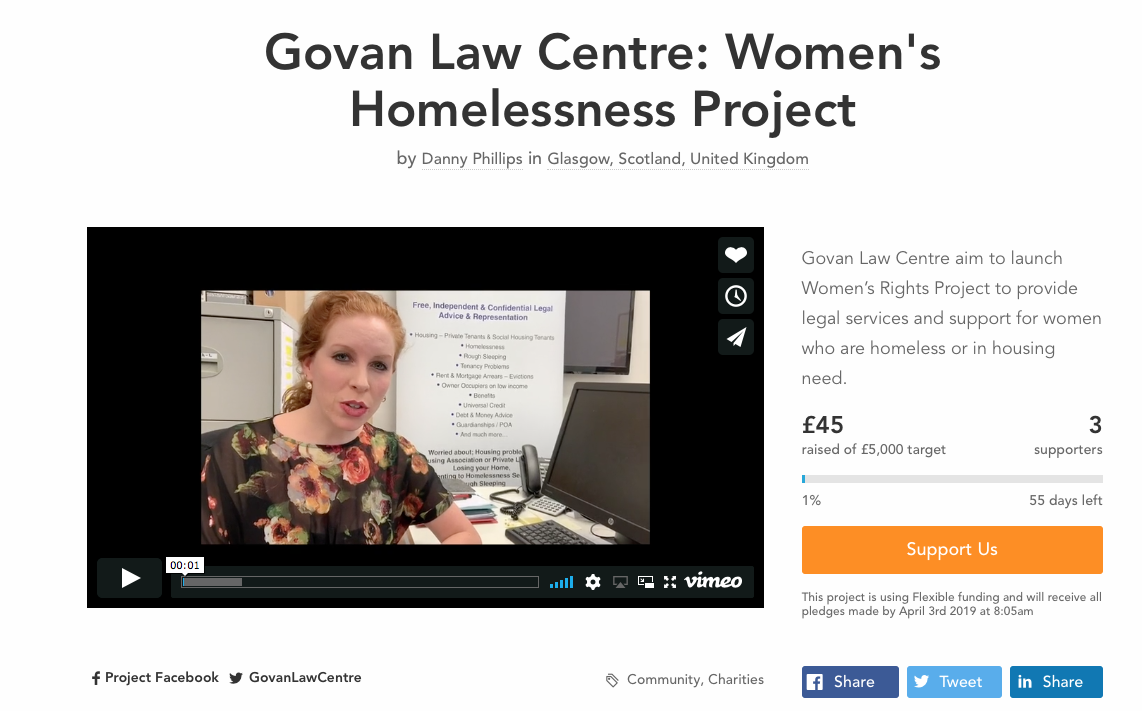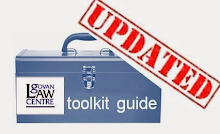 Govan Law Centre (GLC) has been instructed by Mrs Shakar Omar Ali, a Kurdish Iraqi national, to pursue a reclaiming motion (appeal) before the Inner House of the Court of Session, Scotland’s supreme civil court. Reclaiming prints and a reclaiming motion to appeal the Opinion of Lord Tyre, handed down on 12 April 2019, will be lodged at the Court of Session tomorrow, Thursday, 2 May 2019.
Govan Law Centre (GLC) has been instructed by Mrs Shakar Omar Ali, a Kurdish Iraqi national, to pursue a reclaiming motion (appeal) before the Inner House of the Court of Session, Scotland’s supreme civil court. Reclaiming prints and a reclaiming motion to appeal the Opinion of Lord Tyre, handed down on 12 April 2019, will be lodged at the Court of Session tomorrow, Thursday, 2 May 2019.GLC’s Mike Dailly, Solicitor Advocate said: “With the decision of the Outer House judge being subject to live appeal proceedings GLC would trust that Serco Ltd will continue their previous undertaking not to undertake lock-change evictions in Glasgow pending the appeal. The failure to do so would occasion the unnecessary legal expense of raising multiple interim interdict actions at Glasgow Sheriff Court pending the outcome of the appeal to Scotland’s supreme civil court”.
“GLC believes our client has reasonably good prospects and grounds of appeal. We were delighted that Lord Tyre held Serco was a public body for the purpose of the Human Rights Act 1998 - something that both Serco and the Home Office had strongly resisted at the debate in February this year. Our understanding is that jurisprudence from the European Court of Human Rights - which has been followed in appellate courts in the UK - requires the interference with our client’s human rights by a lock-change eviction to be compatible with the rule of law, and not just her article 8 right to respect for her home and family life”.
“That requires UK or Scots law to be sufficient precise and foreseeable in its effect, and the safeguards suggested by the Outer House judge in our client’s case require numerous administrative hurdles to be overcome, none of which directly stop a lock change eviction. With the greatest of respect, we can see no precise or foreseeable adequate safeguards for asylum seekers by making section 4 applications to the Home Office, or thereafter appealing refusals of further support to the First Tier Immigration Tribunal”.
“An appeal to the First Tier Tribunal does not stop or prevent an eviction – there is nothing in the Tribunal rules to empower the Tribunal to put a lock change eviction on hold pending an appeal. Further, the court in our client’s case relied upon the English UK Supreme Court decision of R(N) V. Lewisham Borough Council [2015] A.C. 1259. This concerned people who had a day to day licence to stay in accommodation overnight. Because of the very temporary nature of their occupation the UK Supreme Court held they did not live in a dwelling - as their residence was too transient and short. Such transient occupiers also had numerous rights of appeal to prevent an eviction”.
“Our client has lived in her home for over a year and a half. In these circumstances such occupiers are entitled to be taken to court before eviction – and can then defend those proceedings – there is a significant body of UK Supreme Court and European Court of Human Rights case law that confirm occupiers of dwelling have this right. Ultimately, both Serco and the Home Office placed considerable reliance on their “goodwill” not to undertake a lock change eviction on 7 days notice - despite there being no legal rules underpinning such goodwill, and the fact that the rule of law is concerned with precise legal rights, and not goodwill or speculation”.
















